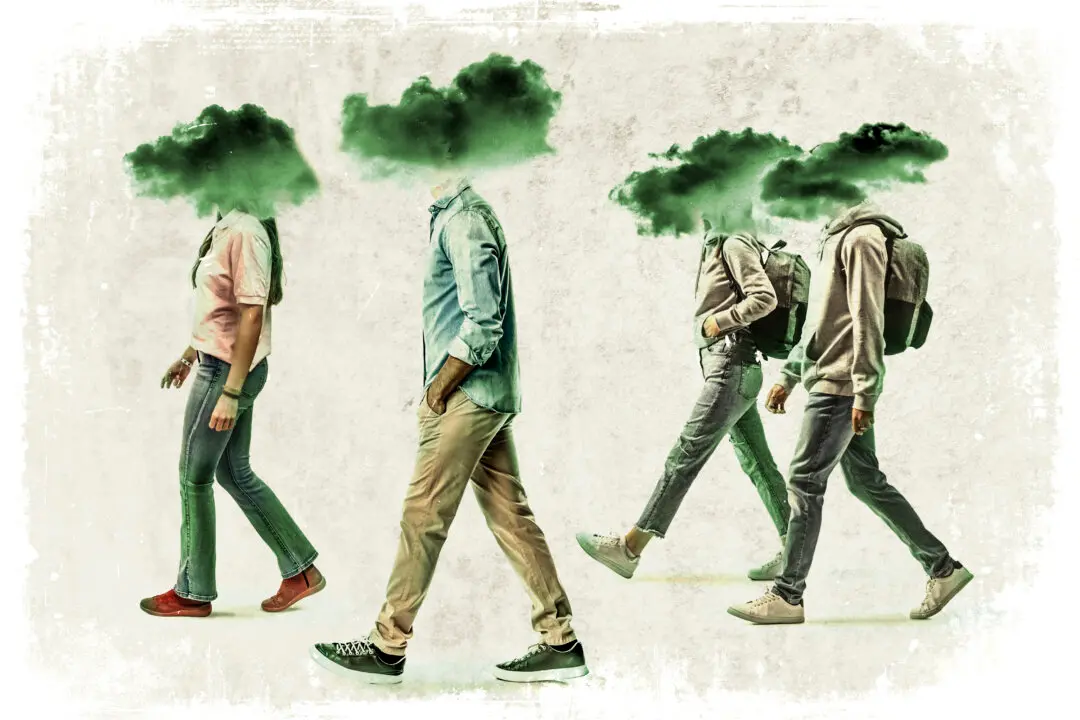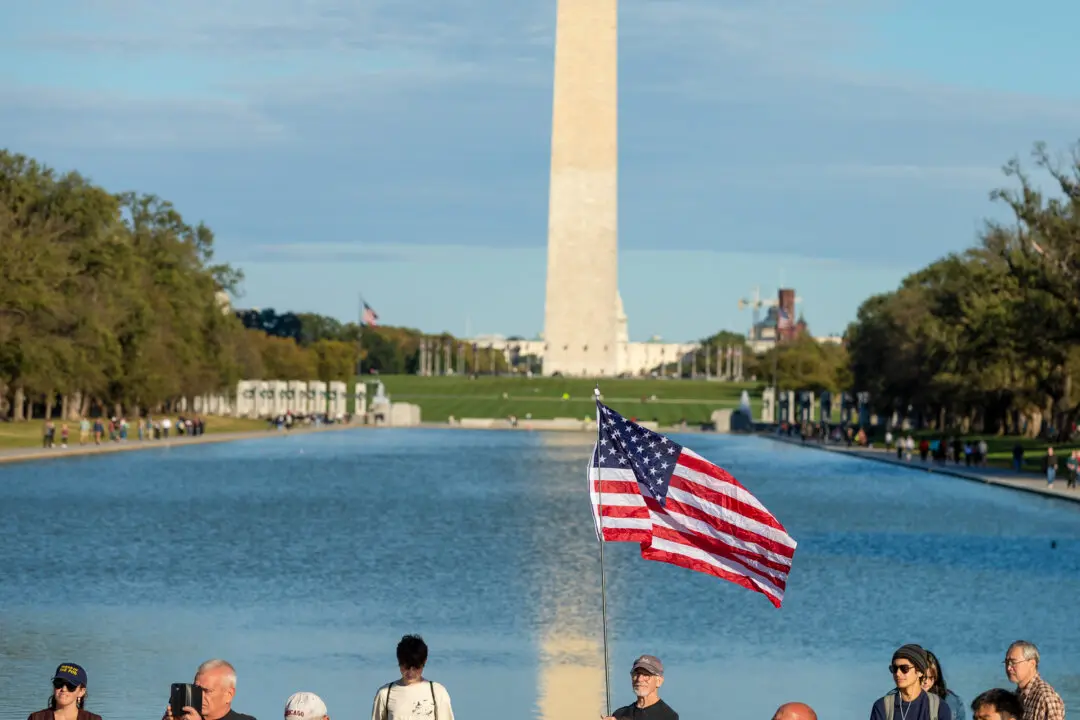Sick of the government taking money out of your paycheck? So are many Massachusetts residents.
Massachusetts residents are considering repealing the state’s 5.3 percent income tax in November. A proposal that residents will vote on, Question 1, will allow them to join other states who live income tax free—including Florida, Nevada, Alaska, South Dakota, Wyoming, Washington, and Texas.
Many Massachusetts state officials warn that this binding referendum will take more than $12 billion—nearly 40 percent—out of the state budget, driving up local property taxes and leading to drastic cuts in services.
“Our communities will suffer sweeping education cuts, steep reductions in public safety personnel, and further deterioration of roads and bridges,” reads an anti-Question 1 website.
The list of negative effects that opponents of Question 1 raise are larger class sizes, fewer afterschool programs, fewer police officers and fire fighters, and fewer state medical benefits for seniors and low-income families.
A poll by the State House News Service Poll found that 46 percent of Massachusetts residents oppose Question 1, while 45 percent support it, a statistical dead heat. A poll by the Citizens for Limited Taxation found that on average, the typical Massachusetts resident thinks that 41 percent of tax revenue received by the Massachusetts state government is wasted.
“We don’t believe you. We don’t trust you,” reads an open ended statement to the Massachusetts state government by Question 1 supporter Mr. Michael Cloud, a Libertarian Party activist.
Cloud cites the fact the Massachusetts state government’s statutory budget is $28 billion, and that the state government also spends an additional $6 billion to $14 billion off-budget each year.
“Undisclosed, undocumented, and unreported to you: the taxpayer,” he says.
To oppose Question 1, about $1.3 million has been raised, most of it from national teachers’ unions, for funding television advertisements and direct mail campaigns.
Ms. Karen White, director of campaigns and elections for one such union, said Question 1 would have “dire consequences that will put education at risk, health care at risk, public safety at risk,” according to a New York Times report. Ms. White’s group kicked in $ 750,000, and Ms. White said they would be willing to give more to oppose Question 1 if necessary.
Meanwhile, the effort to repeal Massachusetts’ state income tax, headed by the non-partisan grass roots organization Committee For Small Government, has only about $25,000 left in its coffers, according to disclosure reports, as reported by the New York Times.
While no one flatly denies the presence of any government corruption in Massachusetts state (or any other state for that matter), the principle line of reasoning Question 1 supporters have run up against is that the good part of state government shouldn’t be thrown out with the bad parts—that is, the corruption and mismanagement of funds. The common analogy is, after giving a baby a bath, don’t throw the baby (the good parts of state government) out with the bathwater (the corruption and mismanagement of funds).
But this analogy isn’t cutting it for many Massachusetts residents.
“If a person can’t tell the difference between a baby and dirty bathwater, he should not be put in charge of either,” says Cloud.
“Taxpayers and voters are dead sure [the state government is] covering up and protecting massive amounts of government bathwater.”




